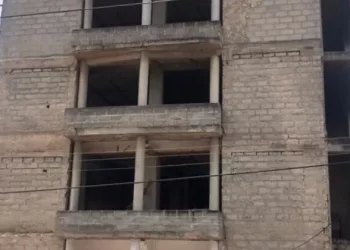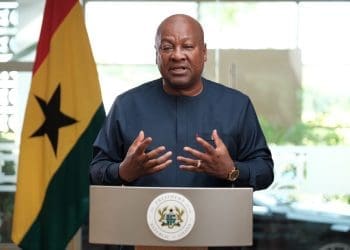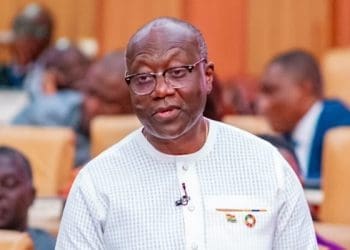The Ghana Bar Association (GBA) has once again raised concerns over the constitutional process for the removal of a Chief Justice, describing it as lawful but unfair.
Speaking at the opening of the 2025 GBA Conference in Wa, the Association’s President, Mrs. Efua Ghartey, reiterated that while Article 146 of the 1992 Constitution provides the legal framework for removing a Chief Justice, the procedure lacks clarity and safeguards.
Legality versus fairness
Mrs. Ghartey, in her keynote address touching on matters affecting the Bar, the Bench, and the nation, emphasised that the Association does not challenge the constitutionality of Article 146. However, she argued that the absence of clear rules of procedure makes the process inherently unfair when applied to a sitting Chief Justice.
“The Bar recognises that the removal process is anchored in the Constitution,” she stated, “but the procedure remains sketchy and without guiding rules, which creates room for unfairness.”
A consistent position
She recalled that the GBA had previously voiced similar concerns during its mini-conference in Accra, stressing that its position was not an attack on the constitutional validity of Article 146.
Rather, the Association’s objection lies in what it sees as a lack of procedural transparency and predictability.
“The GBA’s stance has always been clear,” Mrs. Ghartey noted. “We are not against the legality of the process, but against its lack of clarity, which could undermine the independence and stability of the judiciary.”
Wider implications for judicial independence
The GBA’s warning comes at a time when judicial independence and accountability continue to dominate public debate.
Legal observers say that while Article 146 was intended as a safeguard against abuse of office, the absence of procedural detail leaves the office of the Chief Justice vulnerable to political manipulation.
The ongoing Bar Conference in Wa is expected to deliberate further on constitutional and governance reforms, with particular attention to strengthening the rule of law and protecting institutions of state.











